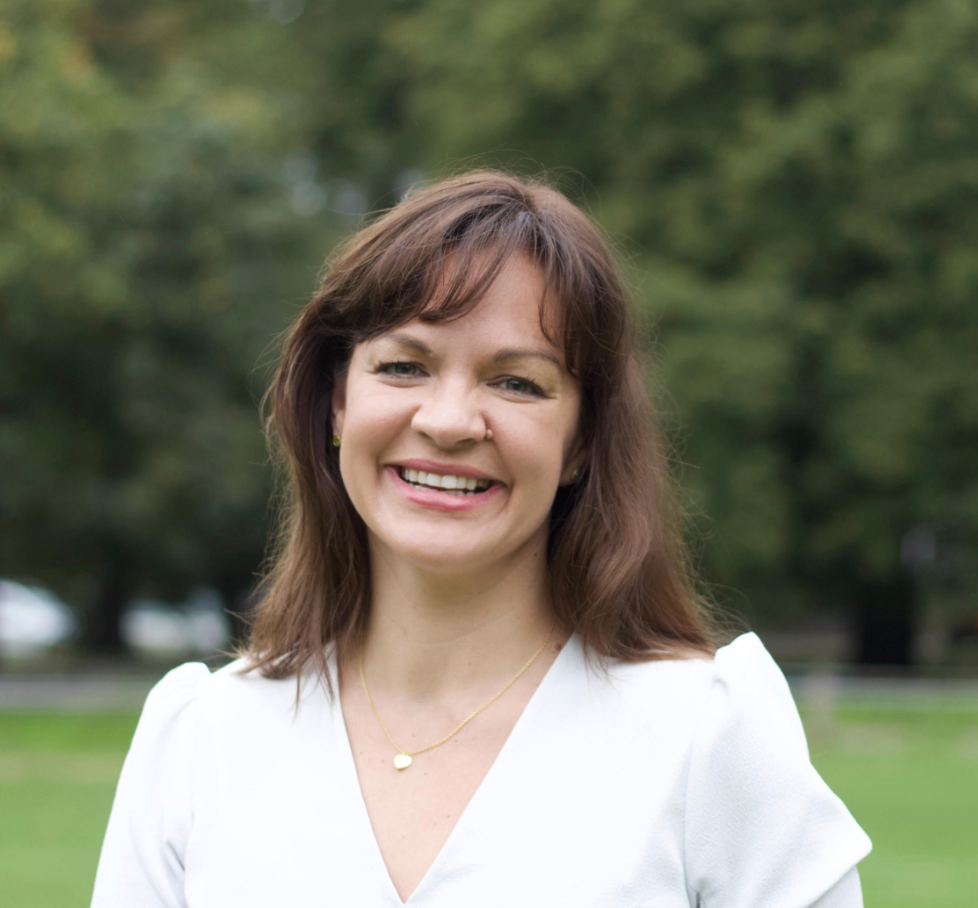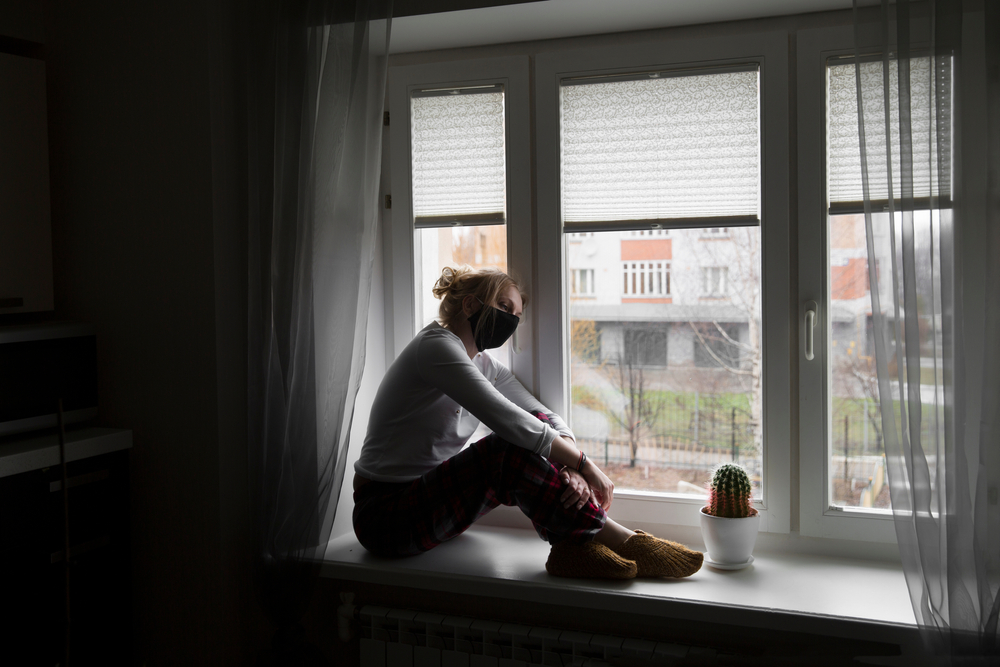In 2013, I suffered a trauma which changed my life. My world fell apart and soon after, I was diagnosed with post-traumatic stress disorder (PTSD) and chronic depression. I’d never suffered from mental illness before and was not prepared for the changes that were happening inside my head and in my life. After accepting that I needed expert help and finding the right support, I began to see the reality of the situation I found myself in. There was no way I could rebuild my life without first addressing my mental health, but if I did, there was hope for my future.
Good mental health is foundational to recovery after a crisis. Like me, anyone who has been diagnosed with a mental illness following trauma will know – investing in our mental health is essential to returning to our full potential.
I was lucky, simply because I had access to support. I had understanding friends and family, professional therapy and medication when I needed it. I had the agency to make choices about my future But access to this support shouldn’t be up to luck. It is a basic human right as well as a smart investment. When I recovered, I became acutely aware that the majority of people in our world do not have access to the care they need and do not have their human rights protected. This led to me founding United for Global Mental Health in 2018.
Close to one billion people across the globe have a mental health disorder. Suicide is claiming the lives of up to 800,000 people each year. Despite the levels of mental ill health, very few people have access to quality services. In low and middle-income countries, over 75% of people with mental health conditions receive no treatment whatsoever.
There is a crisis of inaction on mental health. Less than 2% of national health budgets are spent on mental health and global development assistance for mental health has never exceeded 1% of global development assistance for health.
But facts and statistics can only tell part of the story. Real people live behind the numbers and their stories remind us of the urgent need to act on mental health. Human Rights Watch has shared Sodikin’s story. Sodikin was shackled when he could no longer afford medication for his mental disorder and spent 8 years chained outside his family home in Indonesia. When he was rescued, he was unable to move because his muscles had wasted away. Sodikin was fortunate and eventually got the help he needed. However, thousands of others are not as lucky. In Somalia for instance, it’s estimated that 170,000 people with are kept in chains because of their mental health condition. These stories, alongside the billions of people all around the world who have don’t have quality access to mental health support when they need it, wherever they live, clearly show us desperate need for greater investment and greater access to ensure mental health for all.
And, this is more important now than ever before.
Our world was not set up to respond to the mental health needs of our world before COVID-19, and it certainly isn’t now. COVID-19 has put unprecedented strain on our mental health services, and is further exacerbating the crisis we were already in before 2020. This is at a time when investing in mental health is essential to our recovery, just as it was for me.
The latest figures from WHO show over 90% of member states have seen disruptions in mental health services. And while a majority of member states have included Mental Health and Psychosocial Services (MHPSS) as part of their national COVID-19 response plans only 17% have ensured full funding to cover these additional MHPSS activities.
We need movement on mental health and we need to recognise mental health as being critical to our response to and recovery from COVID-19. And we need this urgently.
COVID-19 gives us a once in a lifetime opportunity to move mental health forward and build back better. We can achieve this by investing in our own mental health and supporting the mental health of our communities, yes. However, it must also be followed by investment from our leaders – our businesses, our governments and funders.
One of the most single, powerful ways to bring about change is for people to stand side by side and send a united message to those in power. That’s why, this World Mental Health Day, the Speak Your Mind campaign is organising the world’s first virtual March for Mental Health.
The March for Mental Health kicks off on the 9th October and people around the globe are invited to join together in united action. There will be a Facebook live event, with 24 hours of content from 18 countries, plus thematic hours led by leading organisations on LGBTIQ+, inclusion, dementia, youth and humanitarian crises. Marchers can join in on social media, using filters that allow you to surround yourself with others marching with you and hear the noise of your collective action. To add your voice please sign up at www.marchformentalhealth.com or simply RSVP to attend the Facebook live event. And, please share and spread the word.
And from the 7th October, you can move and dance with TikTok, with a signature ‘move’ for mental health, along with leading musicians and activists around the world.
Through moving however you wish – playing sport, going for a walk, joining in the TikTok dance challenge, or marching for change – join us and #MoveForMentalHealth. Now is the moment for our voices to come together and call on the world to invest in mental health.
The future is up to us. If we act now, we can build back better and recover to our full potential. Now, more than ever, it’s #TimeToInvest and #MoveForMentalHealth.
Elisha London is a social entrepreneur and campaigner with experience in founding national and global campaigns and campaigning organisations. She was the founding UK Director of the Global Poverty Project (now Global Citizen) and is currently the CEO and Founder of United for Global Mental Health. In 2013 Elisha suffered a trauma and was diagnosed with PTSD and depression. Following her recovery, she was appointed as Campaign Director for the Head Together Campaign, run by The Royal Foundation and spearheaded by Their Royal Highnesses The Duke and Duchess of Cambridge and Prince Harry. Following Heads Together, she identified the gap and need for increased global action on mental health and so launched UnitedGMH alongside her Co-Founders Sarah Kline and Zander Woollcombe. In the past, she has consulted for a range of multilateral, government and non-profit organisations including the UK Department for International Development, The World Bank and the first philanthropic fund at the Sydney Opera House. She holds an MBA from TRIUM (NYU New York, LSE London, HEC Paris), and an MSc in Development Management from the London School of Economics, and is a World Economic Forum Young Global Leader.


